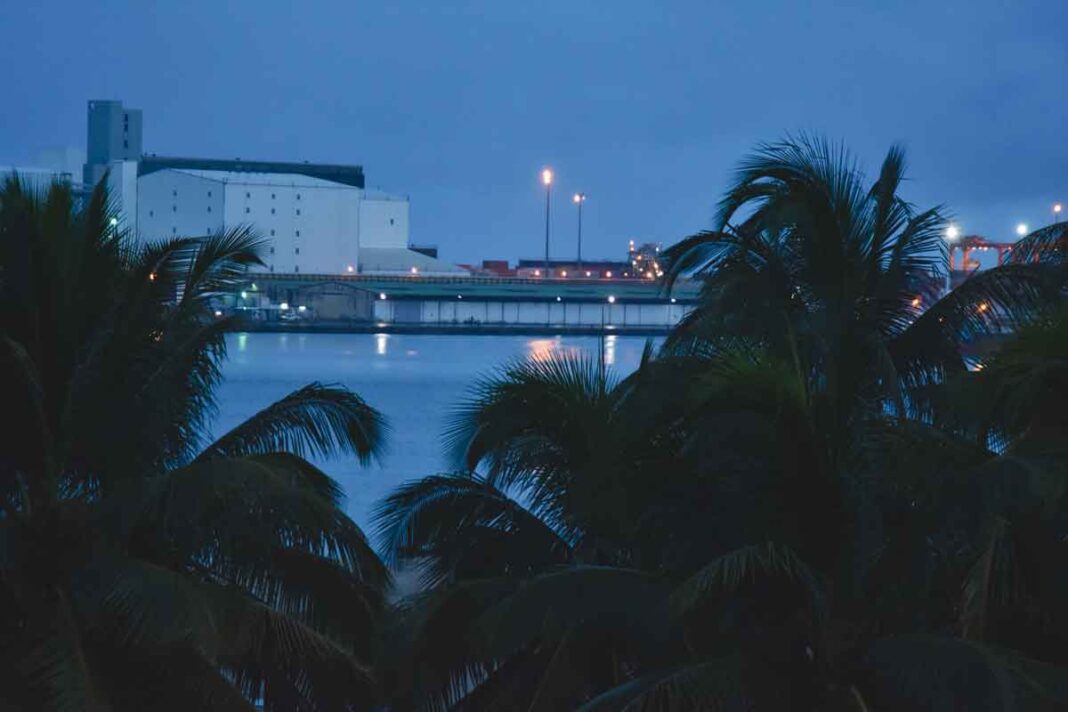The extension of the port of Tamatave continues
Started in 2018, the first phase of extension work on the port of Tamatave was received in December by Malagasy President Andry Rajoelina. The second phase of the project was launched immediately. It aims to triple the port’s capacity by 2026. The container terminal will gain 474 m of quay length, the old quays will be rehabilitated, the protective dike extended by 345m, the container storage area covered over 18 hectares and new jetties created. Two Japanese companies, Penta Ocean Construction and Daiho Corporation, are in charge of the work which should make it possible to decongest the port. The project benefits from financial support from Japan, which contributes 65% of the total investment ($639 million) as part of a 40-year concessional loan.
In parallel, the construction of a Tamatave bypass is announced.
Three French companies sanctioned
ADP International, Bouygues Bâtiment International and Colas Madagascar were recently sanctioned by the World Bank for irregular practices during market negotiations. They are notably accused of having participated in “inappropriate meetings with government officials”, in 2015, during the call for tenders for the renovation and extension of Ivato and Nosy Be airports, that they finally won. The companies involved admitted the facts and accepted the sanctions. ADP International and its subsidiaries are excluded for one year from contracts financed by the international organization, with an additional year of probation, Colas Madagascar excluded for two years and Bouygues Bâtiment International placed on probation for one year.
Electricity : the World Bank demands accountability
At the end of 2021, the World Bank informed the Malagasy state of “exceptions” in the use of the funds it has been injecting since 2016 into improving the functioning of the electricity system.. The institution detected for approximately 1,$7 million in ineligible expenses incurred by Jirama, the national water and electricity distribution company. Computer equipment would have evaporated into nature, work not planned in the project would have been paid for with money from the World Bank, who requested immediate reimbursement of $630,000.












